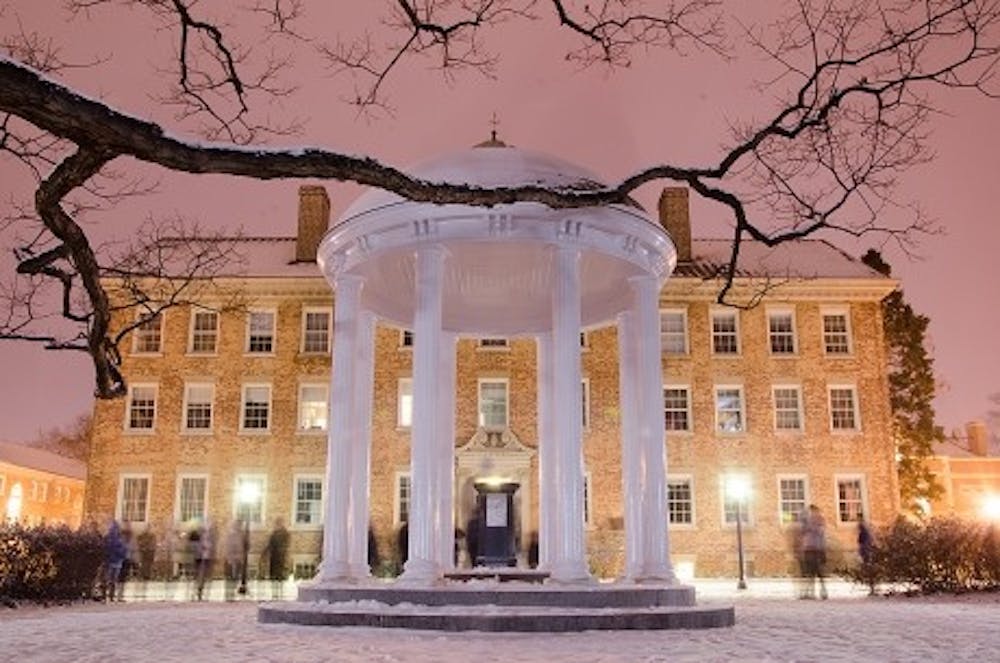House Bill 1 — the Tax Cuts and Jobs Act — proposed on Nov. 2 by Republicans in the U.S. House of Representatives includes several provisions that could hurt universities and their students.
Mitch Kokai, senior political analyst at the conservative-leaning John Locke Foundation, said while the proposed act is intended to benefit middle-income taxpayers, higher-income earners are more likely to feel larger dollar-for-dollar benefits.
Some of the key components include collapsing the number of individual income tax brackets from seven to four, increasing the minimum income levels for each bracket, reducing the corporate tax rate to 20 percent and limiting deductions and exemptions, he said.
“People who were in the middle range of tax earnings are going to end up seeing a proportionally higher benefit than high-income earners, even though high-income earners are going to get larger dollar-figure savings,” Kokai said.
Kokai said critics fear some of these provisions will increase taxes for universities and students, as well as discourage donations to universities. He said the proposal would limit the amount of donations that would be tax-deductible, disincentivizing donors and reducing resources for universities.
“Those who are supporting the proposal are trying to eliminate some of the complexity of the tax code," Kokai said. "But I think this is one area in which they’ll probably end up deferring to the status quo rather than moving forward with a fight over donations to university groups.”
Kathleen Thomas, a UNC-Chapel Hill law professor, said certain provisions of the bill could increase the costs of going to college. One of these provisions is an excise tax on endowments received by private institutions, she said.
“Universities use these endowments to give scholarships,” Thomas said. “So if we tax them there will be less money to be put toward student education.”
Thomas said it’s highly unlikely the bill will pass in its current state, but the question of which provisions will stay and which will go still stands.



